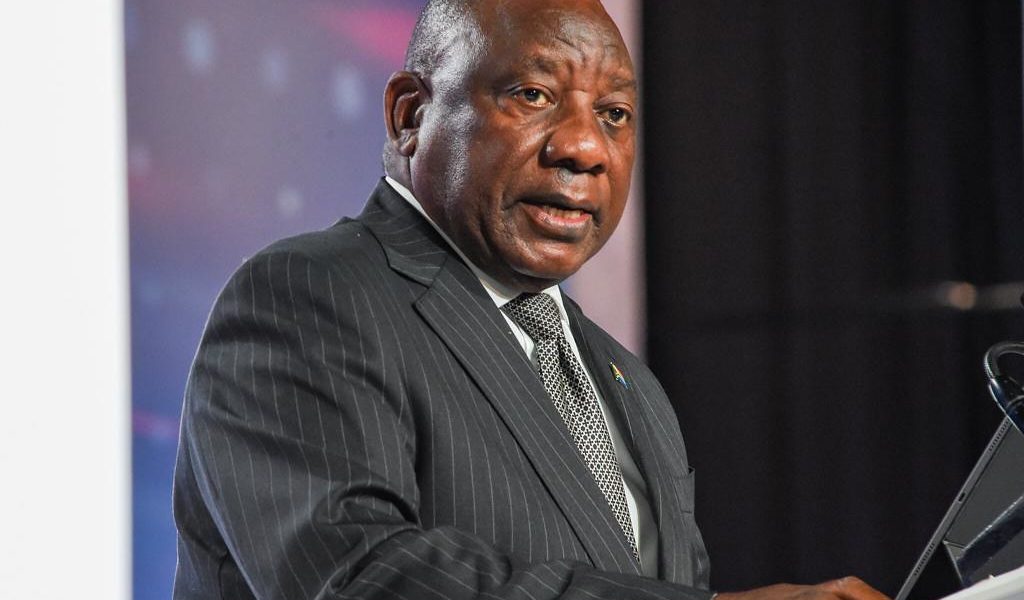President Cyril Ramaphosa’s energy reform announcements this week show the state cannot be trusted with securing energy independence.
Although there are steps in the right direction, the limited nature of the interventions after years of stubborn resistance to reform in the face of obvious failure shows that the President is not reforming by choice but has been forced by circumstance of acute crisis. It is unlikely that the government has developed a newfound desire to unleash private initiative in energy but instead has run out of options due to its own extensive regulatory and managerial failures in the energy sector that now threaten a social and economic calamity.
Sakeliga, therefore, warns that the state may be aiming to stabilise the energy grid and power supply just enough to forestall total systemic failure while retaining centralised control over electricity. This is unacceptable. It remains crucial, in our view, that business communities and local municipalities not wait for the central government to grant reforms but forge ahead with solutions that enable them to reclaim energy independence and state-proof their power supply.
The President’s measures include feed-in tariffs to sell power into the grid, incentives for rooftop solar, suggestions of temporary relaxations of regulations that impede power projects, and the removal of the 100MW limit on embedded generation. To make a real difference, these measures will require appropriate political follow-through and a dismantling of politicised procurement networks.
To untangle politicised networks will require scrapping racial economic policies and local content requirements in energy supply and procurement, which add layers of inefficiency, bottlenecking, and corruption when what is needed is fast and efficient electricity solutions. Only tangible, verifiable progress in this regard can be lauded, not merely verbal pledges by a government with a track record of destructive policy.
Meanwhile, some of the announced reforms already present significant problems, like only offering temporary regulatory relaxation, which inherently prohibits long-term planning and investment since it implies regulatory conditions will be made unattractive again in a few years.
Sakeliga continues to believe that energy independence is too vital an interest to leave in the hands of a government that caused the crisis in the first place and has pushed the country to the brink of an energy disaster.
Business communities should guard against complacency and now press harder than ever for energy market liberalisation free of state interference. This requires not only the ability to sell solar power into the state-controlled distribution network, but to produce, buy, and sell all forms of energy and establish alternative distribution and reticulation networks and solutions.
The President’s announcements are, therefore, not a signal for businesses, business communities, and local municipalities to rest but for them to forge ahead with even more confidence in their efforts to build a state-proof electricity system resistant to government meddling, political rent-seeking, and harmful centralisation.
Sakeliga will support these efforts wherever possible in the interests of the flourishing of our members and the communities in which they do business.

